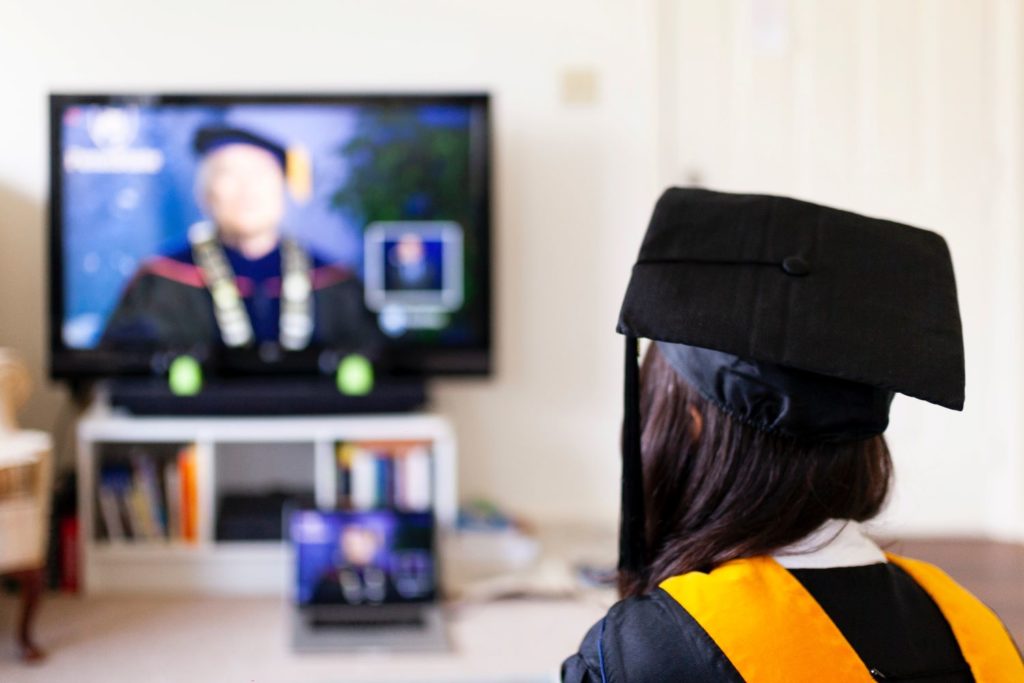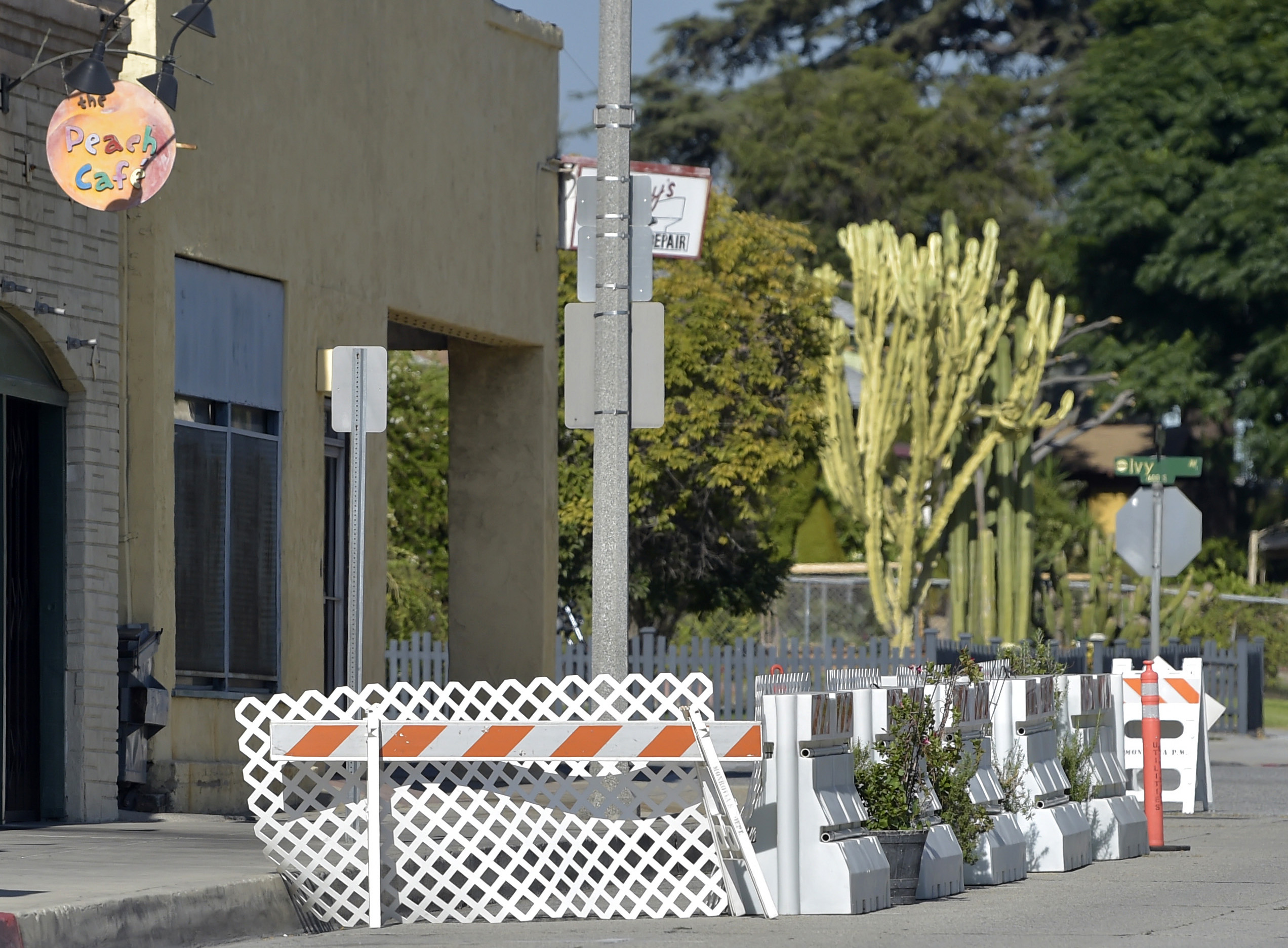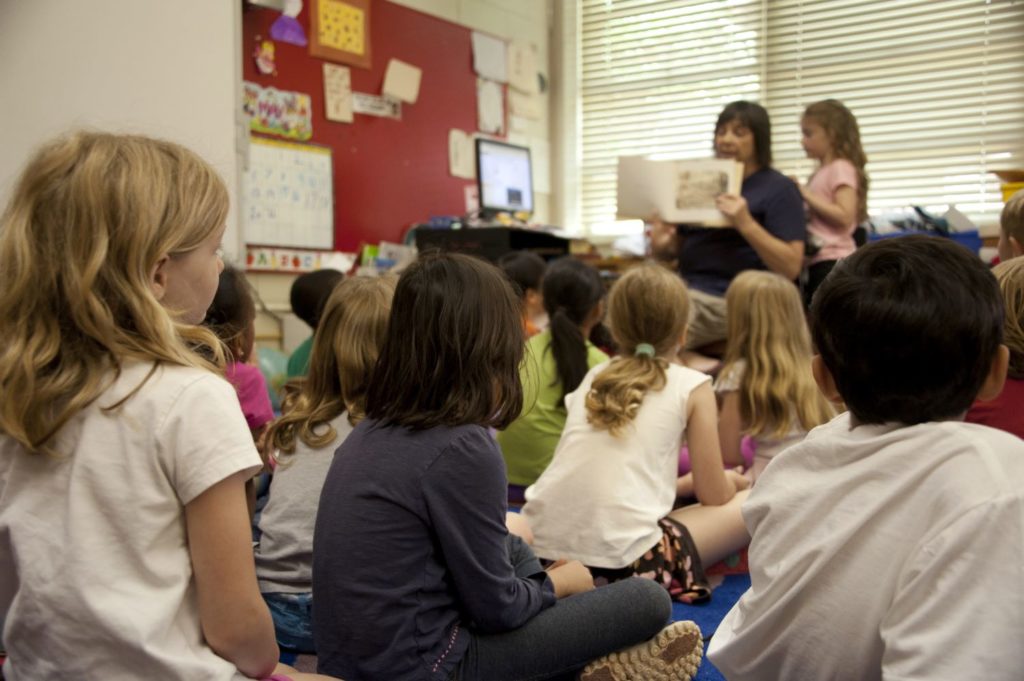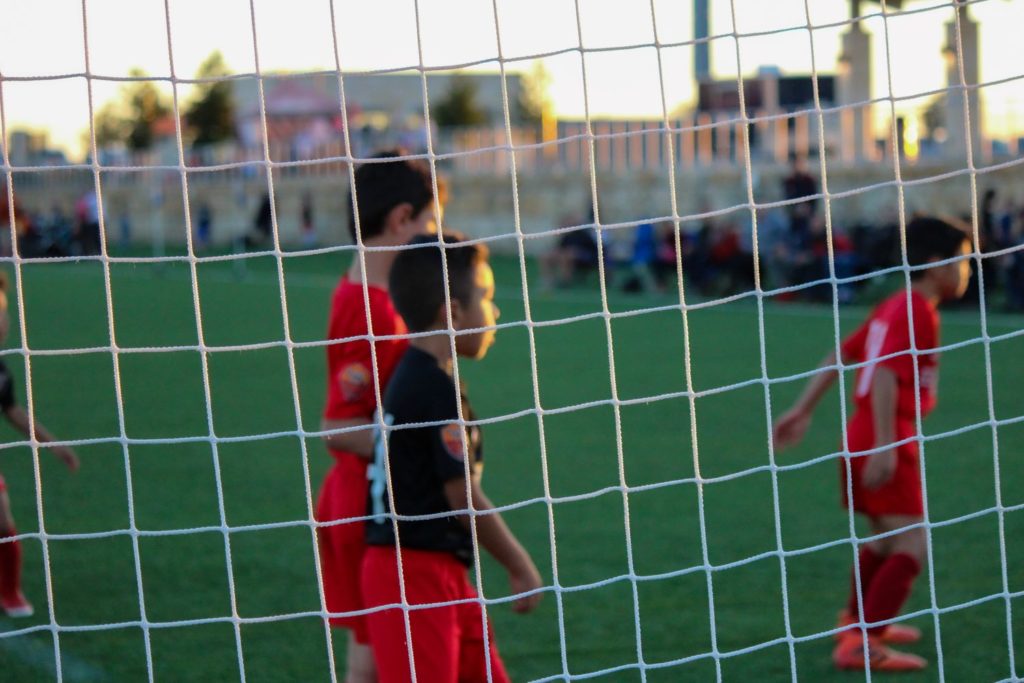
A survey released in June to university students across North America, South America and Europe executed in 6 languages (English, Spanish, German, French, Portuguese and Italian) surfaced a number of critical insights concerning global virtual teaching and the recent transition away from campus classrooms.
The survey is part of the “Excellence in Virtual Education” (EVE) project undertaken by Hap Klopp, Carlos Baradello, and Paul Campbell, three professors at several major universities, and four business student at Hult International Business School. The goal of the EVE project is to develop a virtual educational experience that is better than that found in classrooms on campus. A critical initial step was to “learn from the learners”—assessing student satisfaction with virtual classroom environments and, more importantly, performance and engagement levels compared with those in physical classrooms.
One thousand students from 89 universities from around the world expressed their thoughts regarding the past, present and future of virtual education. “We were overwhelmed with the enthusiasm and passion that students expressed in their responses,” said Klopp.
The challenges of the new virtual medium and the rapidity of the changeover forced by the COVID-19 pandemic resulted in a mere 35 percent of respondents saying they “liked” the shift to virtual teaching, leaving a vast majority who did not like this transition. Many complained that they had problems staying engaged and that classes were too long for a virtual environment. Others mentioned that new tools and platforms were needed to improve virtual education. The student respondents also expressed their belief that virtual teaching is significantly different from in-class learning, and, therefore, traditional classroom lectures often do not effectively transfer to virtual environments.
The survey showed that, after the conversion to a virtual educational environment, out of the students who experienced a change:
- 79% reported lower overall performance and outcomes.
- 59% reported lower test results.
When asked about what could be improved in virtual teaching, respondents made two strong suggestions:
- More interactions:
- 75% wanted more personal interaction with professors and fellow students. Respondents pointed out that it was very important to learn by sharing ideas, knowledge, opinions, points of view, and experiences. In their experience, virtual education does not measure up to physical classroom education, so far.
- More class projects:
- 65% said that in-class projects, especially group projects, were very valuable in virtual classes to recapture some of the vitality and socialization of the physical classroom.
The survey was constructed as a combination of multiple choice and open-ended questions. Based on insights conveyed in the 1,000 responses received, a second survey (V2) has been produced to provide more definitive and comprehensive definition of the overall elements needed to achieve the EVE projects goal of making virtual teaching better than in-class, on-campus teaching. V2 is being sent to a wider group of educational stakeholders in virtual teaching — university students, as well as professors and administrators, for the purpose of expanding on the points raised in the initial survey. It is written in six languages for recipients in North America, Latin America, and Europe. The EVE Project Team is collecting 10,000 additional responses via version 2 of the survey to obtain the requisite input to finalize the study.






